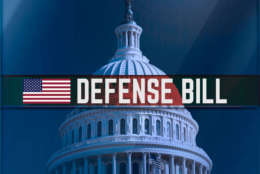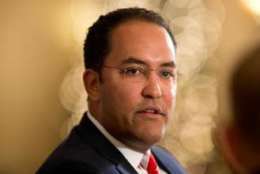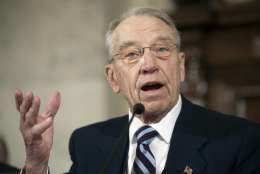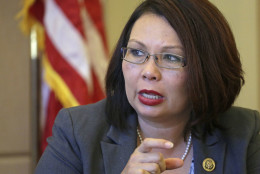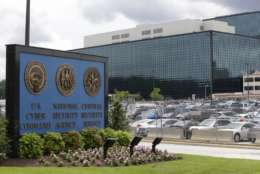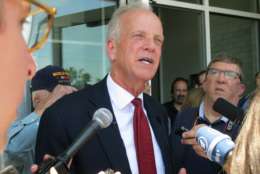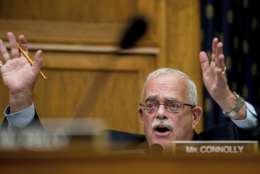NDAA
-
After years of shrinking the force, the Army is suddenly in growth mode again, creating new challenges for recruiters.
October 18, 2017 -
Attorney and government contracts expert Jonathan Aronie of Sheppard Mullins, joins host Mark Amtower on this week's Amtower Off Center, for a wide ranging discussion of Section 801 of the Defense Authorization bill, the future of GSA schedules, and bid protests. October 9, 2017
October 08, 2017 -
David Berteau, president and CEO of the Professional Services Council, has narrowed the 1,266 pages of the NDAA down to four essential things they need to know.
September 25, 2017 -
Evidence-based policymaking isn't necessarily to let others look over the shoulders of federal programs, but rather to help those programs succeed.
September 22, 2017 -
Senate lawmakers will decide Sept. 18 whether or not to allow a third round of amendments to the National Defense Authorization bill.
September 18, 2017 -
Amendment set for Senate debate this week would focus DoD's attention on fixing weaknesses in "feeder systems" that supply vital financial data.
September 13, 2017 -
Financial literacy, parental leave and contracting issues are all being addressed by amendments to the 2018 defense authorization bill.
September 11, 2017 -
U.S. Cyber Command's elevation to a unified combatant command is "mostly symbolic," but the symbolism is important.
August 24, 2017 -
The Committee on National Security Systems released a new supply chain risk management policy in late July.
August 21, 2017 -
Sens. Jerry Moran (R-Kan.) and Tom Udall (D-N.M.) have filed an amendment to the NDAA bill that is the MGT Act.
August 14, 2017 -
The Defense Department's Silicon Valley-based Defense Innovation Unit Experimental needs more money and DoD is coming to the rescue.
July 18, 2017 -
The new commissioner of GSA's Federal Acquisition Service endorses a controversial House proposal that would enlist online commercial marketplaces like Amazon to let the government buy commercial goods.
July 18, 2017 -
A bill authorizing $696 billion in spending for the Defense Department, raising military pay by 2.4 percent for service members and creating a new branch of the military for space operations passed the House by a vote of 344–81. The bill authorizes enough funds to go head-to-head with sequestration as it makes a return in 2018 unless a budget deal is reached.
July 14, 2017 -
The Trump administration wants to increase early retirement and separation incentives from a cap of $25,000 to $40,000 for all civilian federal employees. It also wants to create a governmentwide industry exchange program, which would let federal employees temporary work in a private corporation or association for no more than two years. The administration submitted both proposals to Congress to be included in the National Defense Authorization Act.
July 12, 2017 -
Representatives already submitted their amendments to the House Rules Committee for the bill and Federal News Radio compiled a list of the amendments you should watch when they get to the floor.
July 10, 2017



